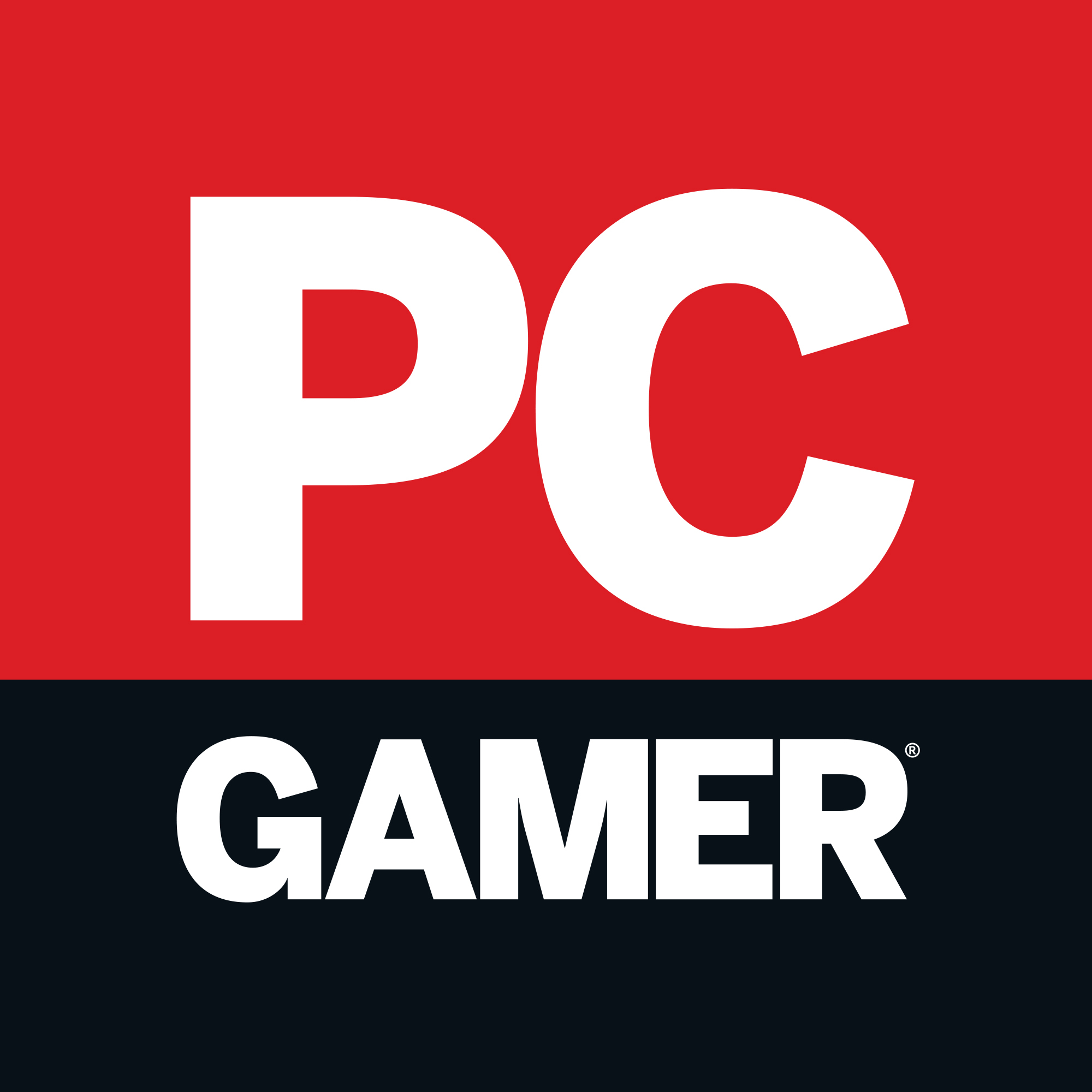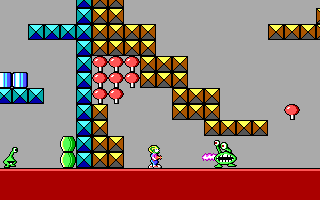
Find all previous editions of the PCG Q&A here. Some highlights:
- What's the last game you refunded?
- Who is your favorite videogame detective?
- Which NPC bark are you most sick of hearing?
Videogame series have their ups and downs. Some never get better than their debut, others improve as they go on, some have the scattershot ungraphable trajectory that comes with semi-annual releases from a variety of subsidiary studios. That's why it can be helpful to find a good jumping-on point, so your first experience is a series at its best.
When can you ignore the story? What series should you start with a sequel? Whether it's the second instalment or an even later one? Here are some of our ideas, plus a few from our forum members.
The Witcher
Robin Valentine: I'm not normally one to suggest skipping games in a series—I'm a bit obsessive myself about getting the 'complete picture'. But I despair at how many people must have seen the popularity of The Witcher 3, gone back to the first game, and bounced off hard. You can see glimmers of genius in it, but even at the time it was ropey as anything, and time hasn't been kind to it either. And even the second game I think is hugely skippable—it laid the groundwork for 3's ambitious design, but its story is a confusing mess. I'd recommend anyone skip straight to The Witcher 3—not only is it leaps and bounds ahead of its predecessors, but it does a fantastic job of incorporating all that backstory without making you feel like you need to know it all to get what's going on.
Vermintide
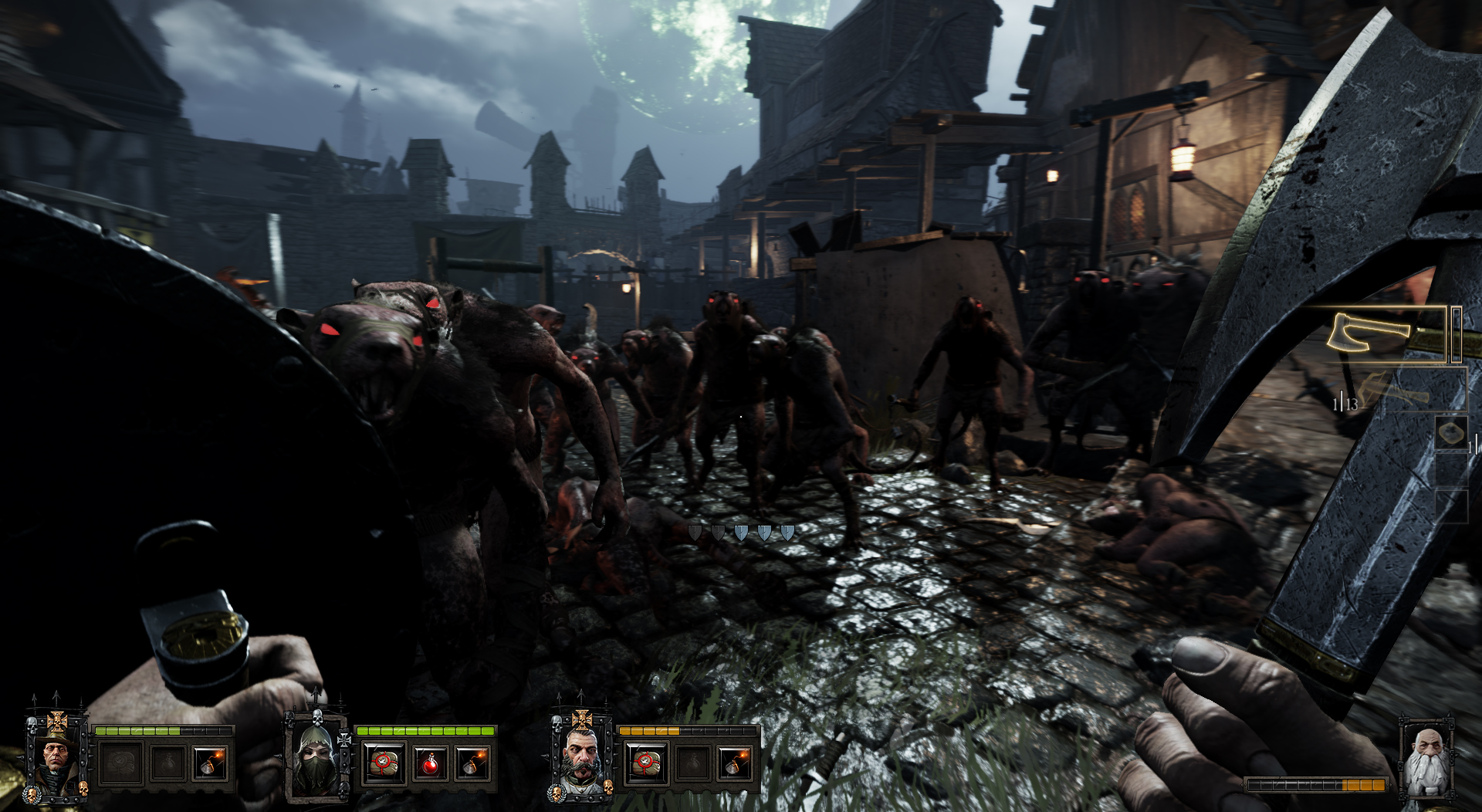
Alan Dexter: There's absolutely nothing wrong with the first Vermintide game, other than possibly its unwieldy name, Warhammer: End Times—Vermintide is quite the mouthful. The thing is there's simply no reason to play the first game anymore. Warhammer: Vermintide 2 takes all the good stuff from the first game and just makes it better. That means you're still careering around with your mates chopping Skaven to bits, but in the second outing there's better character design, there's a great sense of scale, and the all-important loot is simply more satisfying.
Commander Keen
Wes Fenlon: Okay, here's a deep cut for you. Before id went all dark with Wolf32 and Doom, it made this cute platformer series. Commander Keen was actually quite impressive in 1990 and 1991, because PCs weren't built to display the kind of smooth scrolling required to do a platformer like Mario. But Carmack figured it out. The original Keen trilogy, three episodes that make up "Command Keen in Invasion of the Vorticons," felt archaic even when I was playing it nearly 20 years ago. But the sequel trilogy, Command Keen in Goodbye, Galaxy, is way better, with really fun, cartoony art and better physics. Keen doesn't hold up as well as classic Mario, but the games are full of creative levels and enemies, and it's wild to think that this was the same id that would go on to make Doom just a couple years later.
You can play the game for free on the Internet Archive.
Tomb Raider
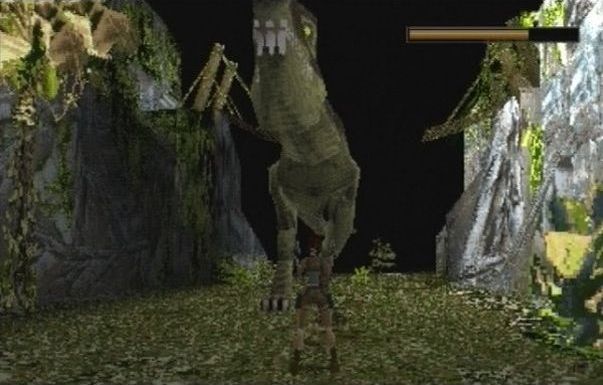
Jarred Walton: I'm not sure if we should include series that have been rebooted—multiple times in this case—but the original Tomb Raider and the next several sequels do not hold up well at all in the modern era. Sure, there might be some nostalgia factor for the very first game from 1996 with Lara's pointy polygon boobs, but if you want to play Tomb Raider in 2020 you should just jump right to the 2013 reboot and forget any of the others ever happened. Tomb Raider (2013), Rise of the Tomb Raider (2016), and Shadow of the Tomb Raider (2018) are all quite good, the graphics are miles ahead of any of the pre-2010 stuff, and you won't suffer the downward spiral of Tomb Raider 3, Chronicles, and Angel of Darkness. To be fair, the first reboot wasn't bad (Anniversary in 2007 followed by Underworld and Guardian of Light), but the modern reboot surpasses it in almost every way. Still, Shadow of the Tomb Raider is the weakest link in the current trilogy, and a fourth instalment could very well fall off the rails again.
Keep up to date with the most important stories and the best deals, as picked by the PC Gamer team.
Titanfall
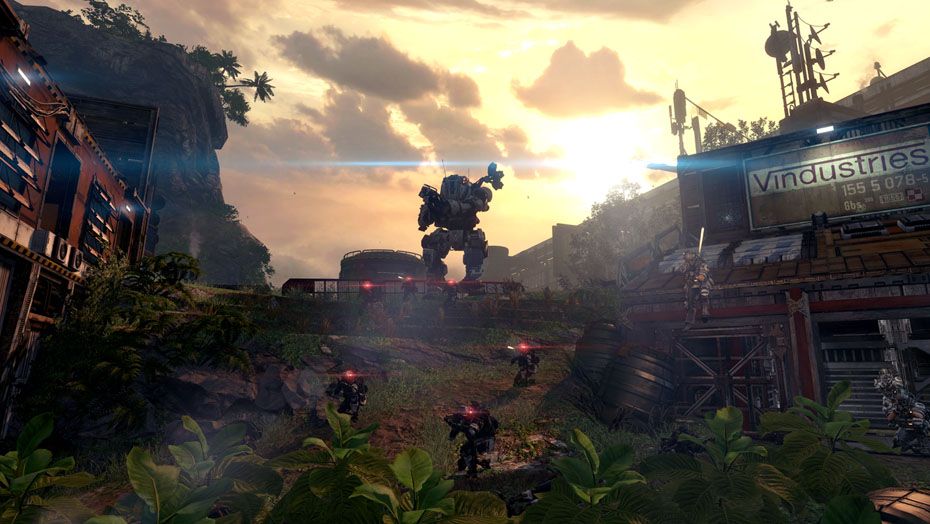
Jacob Ridley: Titanfall was a taste of fast-paced mech multiplayer dispersed with fluid first-person combat that I personally couldn't get enough of—there are few things as satisfying as waving goodbye to your mech from halfway across the map as it goes supernova. But Titanfall 2 took that formula and delivered something brilliant with it. From the simple player/mech combat system and gun mechanics, to its superb writing and single-player campaign, Titanfall 2 is simply the better game on all counts. It even spawned a superb battle royale in Apex Legends, too.
You may have no other choice anyways. I doubt Titanfall's servers are still holding up in 2020.
TIE Fighter… on CD
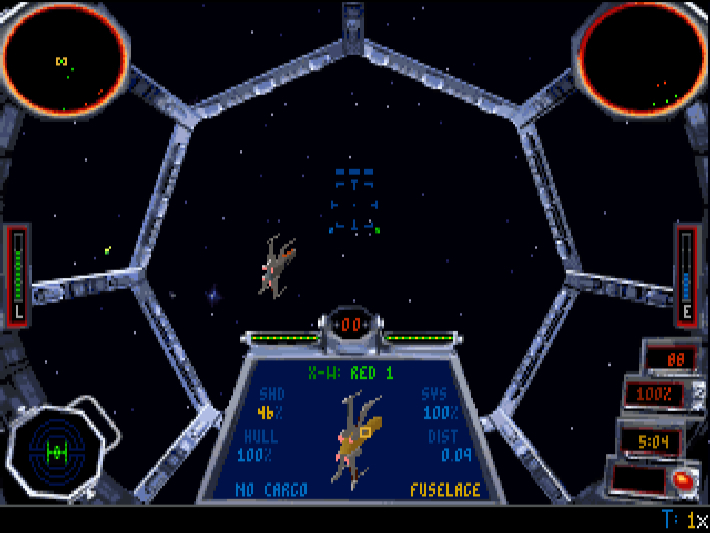
Dave James: Digging back into the mists of time for this one, but while X-Wing was a fantastic Star Wars-based space shooter it didn't quite have the depth or the extra visual polish of its sequel. And the CD-ROM update provided voice-overs and even more of a graphical enhancement, bumping it up to an eye-watering 480p resolution. Dayym. But that was all just extra polish; it was the heart of the game which made it a different prospect to X-Wing. Playing as an Imperial pilot gave you a completely different view of the galaxy compared to everything you've ever seen from the Star Wars universe. Serving under Admiral Thrawn gave you license to police the galaxy and battle traitors, as well as take part in the burgeoning civil war. Further updates and expansions delivered textured graphics and a new game engine, and X-Wing Alliance and X-Wing vs TIE Fighter were great in their own rights, but if you want to get into the series TIE Fighter is still the place to start.
Divinity: Original Sin
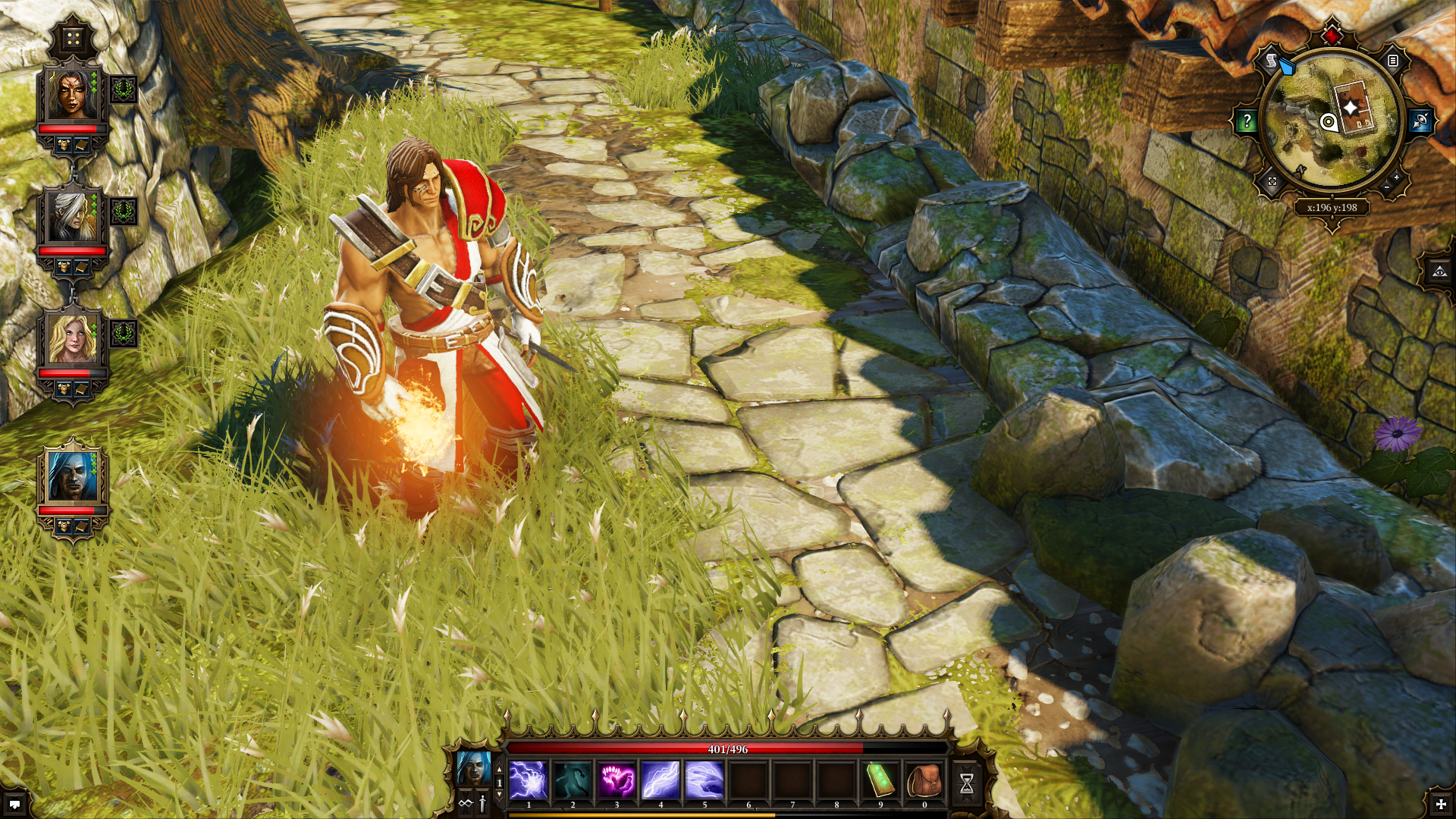
Phil Savage: I'm sure the first Divinity: Original Sin is good, and worthy of your time. But that time is a finite resource, and RPGs have a habit of eating up hundreds of hours. More importantly, Divinity: Original Sin 2 is the best PC game you can play right now. If you're looking for a great RPG, but don't have the voracious appetite needed to play them all, just skip the first one and head directly to one of the most consistently surprising, inventive and challenging PC games around. While it does feature connections to its predecessor—or at least so I'm told—Original Sin 2 is a standalone story. Playing, I never really felt like I was missing anything except some contextual deep lore that I wouldn't have read anyway. Don't let the number two on the end scare you into missing out.
Assassin's Creed, Baldur's Gate, Mass Effect
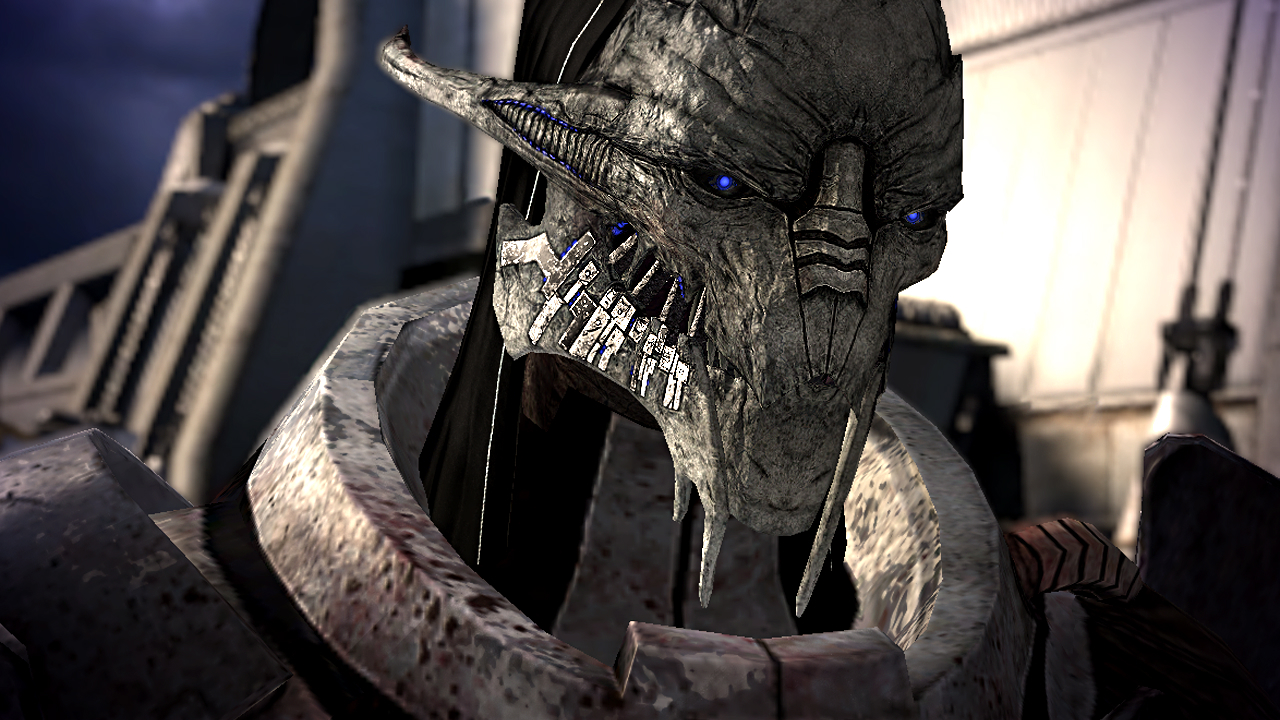
Jody Macgregor: The first Assassin's Creed is like a prototype, a demo for Assassin's Creed 2, which reuses its underwhelming handful of mission types but adds more variety between them. Honestly, if you're into pirates maybe jump as far ahead as Assassin's Creed 4: Black Flag.
The first Baldur's Gate has only one good thing in it and that's Minsc. OK, two good things—Minsc and Boo. The second one still has some boring dungeon crawls but the companion writing and sidequests are much stronger. The best game made with that engine was Planescape: Torment, though.
And Mass Effect? The first one's held back by RPG conventions like inventory management that the second wisely played down, and somewhere between the two games the Renegade options stopped being "xenophobic jerk" and became "space cop who doesn't play by the rules". If you skip the first you end up with a version of Shephard who made terrible decisions throughout the first game but that's actually a fun thing to have to live with, and when you bump into NPCs Shephard met in the first game it seems less like a string of absurd coincidences that make the galaxy feel like a small town where everybody knows each other.
There are plenty of series where you can save yourself 20 to 50 valuable hours by not bothering with the debut. If you suggest skipping the first Fallout or Thief though, we'll have Words.
From our forums
Frindis: I'd think about skipping Duke Nukem 1&2 and go straight for the filet de bœuf: Duke Nukem 3D. I'm sure even Duke would approve of that.
Pifanjfr: I think you probably should skip the first Witcher game, perhaps the second one too. The gameplay is very outdated and kind of a struggle to get through.
Age of Empires can be skipped straight to the sequel without missing out on anything. This is probably true for a lot of RTS games (Lord of the Rings: Battle for Middle-Earth comes to mind too) and for other types of strategy games as well, as sequels usually improve on the formula and the story rarely requires knowledge of the previous game (although that does happen of course).

Actually, I think we can just make a list of genres where you can probably just get the last game without missing out on anything. For sports games, racing games, management games, MMORPGs and most multiplayer focused games you should probably just get the last game.
DXCHASE: Doom. You can really just start with any game and its all fun no matter where that start is. Also, fighting games, like any fighting game. You dont need to know the prequel to understand that you have to beat your opponent to death lol.
Oussebon: Deus Ex. Skip the original, go straight for Invisible War.
Kidding aside, it's probably more viable to encourage newcomers to the franchise to start with Human Revolution than Deus Ex Game of the Potato Edition.
Skipping Witcher 1 and going straight to Witcher 2, possibly straight to Witcher 3.
Johnway: The first thing that comes to mind? The original doom. yes, its good and the importance of the game cannot be denied, but Doom 2 was better. Better level design, new monsters and the addition of the Super Shotgun seals the deal.
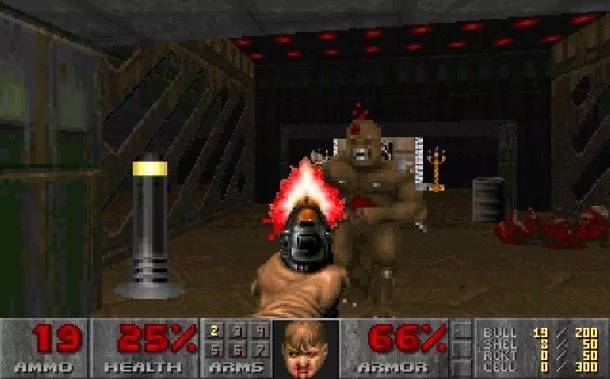
OsaX Nymloth: Aliens vs Predator 2 is legendary among gamers to this day and probably one of the brightest examples of sequel leaving the original in shadows. That marine campaign, still remembering being horrified of every damn beep I heard from the scanner. Brr!
Some people may disagree (me kinda included) but Baldur's Gate II was a pinnacle of cRPG back in the day. It was huge, there was no "realistic" exploration and every location was full of NPCs, quests and fight were meaningful. Not to mention the scale went from "lowly bunch of adventurers trying to not die from kobold's arrows" to "demi-gods, slayers of all that's mighty and possibly heirs to Bhaal's bloody throne". While I appreciate the different feeling BG achieved, BGII was bigger, better, stronger and nicer looking.
Carmageddon II was also "the game" that surpased the first release by a solid margin. Graphic were really good for a time and the controversy added a bit of flavour to the experience that still is rather unique. I still remember fondly as I was sneaking to neighbours house only to play on their super powerful PC (Intel Pentium and 3dfx VooDoo!) - and Carmageddon II was there. No, I didn't grow up to be a maniac killer. YET.
The collective PC Gamer editorial team worked together to write this article. PC Gamer is the global authority on PC games—starting in 1993 with the magazine, and then in 2010 with this website you're currently reading. We have writers across the US, UK and Australia, who you can read about here.
